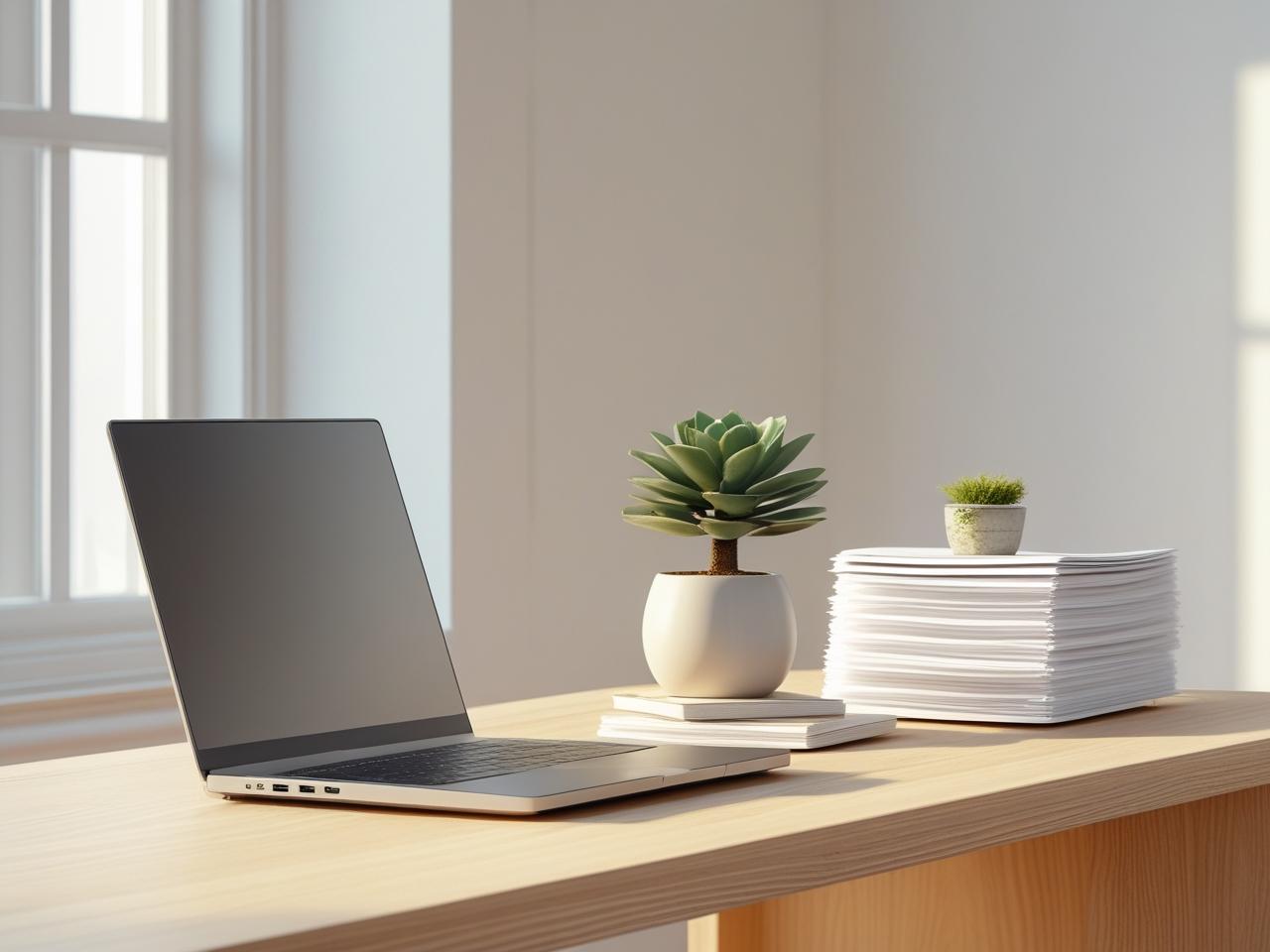What Is Digital Minimalism and How to Apply It
Technology has brought countless conveniences into our lives — instant communication, on-demand entertainment, and access to endless information. But it has also brought constant distraction, digital overwhelm, and the erosion of our attention spans.
That’s where digital minimalism comes in.
Digital minimalism is a philosophy and lifestyle choice that helps you use technology intentionally — aligning your digital behavior with your values. Instead of being controlled by your devices, you use them deliberately to serve your goals and enhance your life.
In this article, you’ll learn what digital minimalism really means, why it matters, and how to start applying it in your daily routine.
1. What Is Digital Minimalism?
Digital minimalism isn’t about giving up technology. It’s about using it with purpose.
Coined and popularized by author Cal Newport, digital minimalism is defined as:
“A philosophy of technology use in which you focus your online time on a small number of carefully selected and optimized activities that strongly support the things you value.”
It means:
-
Being intentional with your screen time
-
Eliminating digital clutter
-
Replacing compulsive scrolling with mindful engagement
-
Designing a digital environment that supports focus, well-being, and productivity
In essence, it’s digital self-respect.
2. Why Digital Minimalism Matters
Our digital habits deeply affect our mental and emotional health. The average person:
-
Checks their phone over 100 times per day
-
Spends 3–5 hours daily on mobile devices
-
Feels frequent digital fatigue or anxiety
The consequences?
-
Fragmented attention
-
Reduced creativity
-
Sleep problems
-
Shallow thinking and communication
-
Stress and burnout
Digital minimalism offers a way to reclaim your time, focus, and peace of mind.
3. Signs You Need Digital Minimalism
You might benefit from a minimalist approach if you:
-
Feel anxious when separated from your phone
-
Constantly scroll social media with no clear purpose
-
Struggle to concentrate without checking notifications
-
Feel overwhelmed by email, messages, or apps
-
Have little time for deep work or offline hobbies
Recognizing the need is the first step to change.
4. How to Apply Digital Minimalism (Step-by-Step)
Step 1: Define What Matters to You
What are your core values and goals? Is it creativity? Learning? Relationships? Health?
Identify the activities that align with those values — then evaluate which digital habits support or hinder them.
Step 2: Do a Digital Declutter
Spend 30 days eliminating optional technologies — such as social media, streaming, gaming, or news apps — and replace them with meaningful offline activities.
After the 30 days, reintroduce only the tools that:
-
Have a clear purpose
-
Serve your goals
-
Are used with boundaries
This reset helps you break compulsive behaviors and reset your digital baseline.
Step 3: Organize Your Digital Space
Tidy up your digital environment:
-
Unsubscribe from unnecessary emails
-
Delete unused apps
-
Clean your desktop and phone screen
-
Use folders and automation tools
A clean digital space supports a calm mental space.
Step 4: Schedule Screen-Free Time
Make “no phone” time part of your daily rhythm:
-
Phone-free mornings or evenings
-
No devices during meals
-
Tech-free Sundays
-
Daily offline hobbies like journaling, walking, or reading
Silence, solitude, and boredom are important for reflection and creativity.
Step 5: Use Technology Intentionally
Instead of defaulting to passive scrolling, use your devices with clarity:
-
Set app limits or screen time trackers
-
Turn off non-essential notifications
-
Move time-wasting apps off your home screen
-
Ask before opening any app: What am I here to do?
Make every digital interaction a choice, not a habit.
Digital Freedom Starts With Less
Digital minimalism isn’t about rejecting technology — it’s about regaining control over how it shapes your life. When you remove what’s nonessential, you make space for what’s truly meaningful.
You’ll find:
-
More focus for deep work
-
More time for creativity and hobbies
-
Stronger relationships through presence
-
Greater peace and mental clarity
Start small. Declutter one app. Turn off one notification. Be fully present for one meal. Let those small shifts build into a digital life designed for balance and intentionality.

